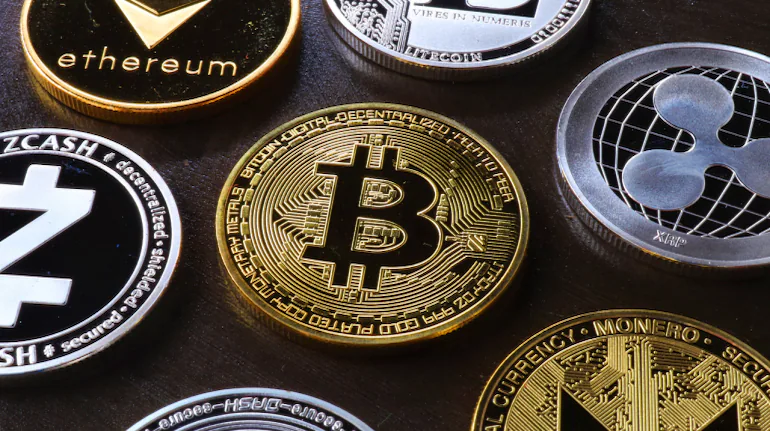
What is Cryptocurrency Bitcoin?
Bitcoin is a digital currency without a central authority and its transactions are recorded on a decentralized system. Miners are rewarded for validating transactions and adding them to the blockchain.
Fiat money does not have a government-backed value like national currencies do, and its worth is determined by what people are willing to pay in the marketplace. This contrasts with fiat money which derives part of its value from debt.
It is a form of digital currency
Digital currency refers to any form of exchange that does not involve physical objects such as paper bills or coins. Furthermore, it is a means of payment which isn’t controlled or restricted by national governments.
Cryptocurrency bitcoin has seen a meteoric rise in popularity over the last decade or so. It was designed as an instrument for facilitating cross-border transactions.
This technology utilizes encryption to safeguard the process of creating units and conducting transactions, making it difficult for counterfeiting or double-spending to take place.
The value of a cryptocurrency such as Bitcoin is determined by several factors, including its utility and scarcity. The most influential element is the number of people using the coin which drives up its price.
It is decentralized
Bitcoin is a decentralized currency, meaning there is no central authority or bank controlling it. Instead, it relies on peer-to-peer software and cryptography for transaction verification.
Bitcoin’s public ledger, known as the blockchain, is stored on a worldwide network of computers. It’s updated continuously as new blocks of information are added. Miners use their computer power to solve complex mathematical problems in order to confirm and add these additional blocks onto the chain.
Furthermore, Bitcoin allows people to buy and sell goods anonymously without disclosing their identity, tax ID or social security number. This helps keep people’s identities private while protecting them from hackers and identity theft.
MoneyGram is the only form of currency truly anonymous, enabling it to be transferred across borders without banks or other intermediaries. This opens the door for an open financial system that’s more efficient, innovative and free. Plus it introduces a new dimension of programmability by enabling transactions to be attached to smart contracts that execute only after certain conditions are fulfilled.
It is technologically ahead of other cryptocurrencies
Cryptocurrencies are an intriguing technology with the potential to revolutionize global financial systems. While they provide consumers and investors with various benefits, they also pose risks to government budgets.
Bitcoin was the first cryptocurrency to gain mainstream recognition, released in 2009 and created by an unknown figure known as Satoshi Nakamoto. This groundbreaking digital coin enabled peer-to-peer transactions without the need for a third party intermediary.
Bitcoin may have lost some of its appeal to other cryptocurrencies, but newcomers such as litecoin, ether, ripple and EOS have demonstrated that digital money can be successful across many categories. With increasingly complex yet transparent technologies and growing user interest in cryptocurrencies, they are likely to become integral parts of global economies in years ahead. It is important to remember that no single crypto is superior – they all have their place within the market.
It is a store of value
Cryptocurrency bitcoin is a store of value, as it can be exchanged for other currencies and goods. It’s highly reliable as money since its value does not decrease over time, allowing people to save and retain their purchasing power until they decide to spend it.
Fungibility, portability and divisibility are key features that make bitcoin an attractive medium of exchange and transaction. Unfortunately, its acceptance as a payment tool remains limited with many consumers uncertain how to utilize it effectively.
Other assets, such as gold and real estate, have long been valued as stores of value due to their ability to maintain value even during economic downturns. Furthermore, these investments are uncorrelated from traditional markets, making them safe havens for investors who wish to safeguard their money against major price changes.



